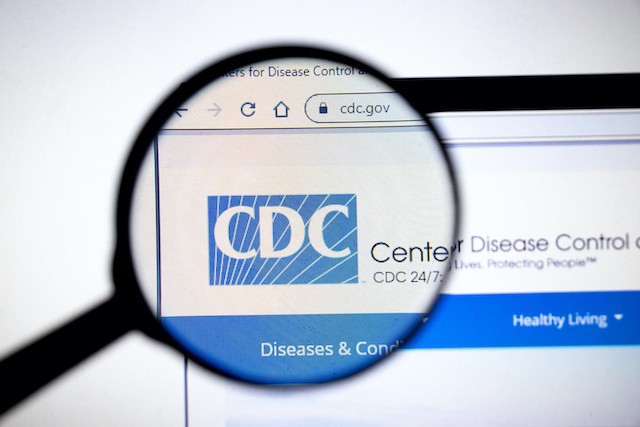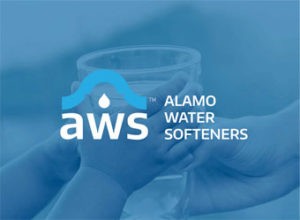Can the COVID-19 virus spread through drinking water: What You Need to Know



Alamo Water Solutions Houston – Drinking Water – Water Filtration
Can the COVID-19 virus spread through drinking water?
The COVID-19 virus has not been detected in drinking water. Conventional water treatment methods that use filtration and disinfection, such as those in most municipal drinking water systems, should remove or inactivate the virus that causes COVID-19.
Can the COVID-19 virus spread through pools and hot tubs?
There is no evidence that COVID-19 can be spread to humans through the use of pools and hot tubs. Proper operation, maintenance, and disinfection (e.g., with chlorine and bromine) of pools and hot tubs should remove or inactivate the virus that causes COVID-19.
Can the COVID-19 virus spread through sewerage systems?
CDC is reviewing all data on COVID-19 transmission as information becomes available. At this time, the risk of transmission of the virus that causes COVID-19 through sewerage systems is thought to be low. Although transmission of COVID-19 through sewage may be possible, there is no evidence to date that this has occurred. This guidance will be updated as necessary as new evidence is assessed.
SARS, a similar coronavirus, has been detected in untreated sewage for up to 2 to 14 days. In the 2003 SARS outbreak, there was documented transmission associated with sewage aerosols. Data suggest that standard municipal wastewater system chlorination practices may be sufficient to inactivate coronaviruses, as long as utilities monitor free available chlorine during treatment to ensure it has not been depleted.
Wastewater and sewage workers should use standard practices, practice basic hygiene precautions, and wear personal protective equipment as prescribed for current work tasks.
Should wastewater workers take extra precautions to protect themselves from the COVID-19 virus?
Wastewater treatment plant operations should ensure workers follow routine practices to prevent exposure to wastewater. These include using engineering and administrative controls, safe work practices, and personal protective equipment normally required for work tasks when handling untreated wastewater. No additional COVID-19–specific protections are recommended for employees involved in wastewater management operations, including those at wastewater treatment facilities.
Overall, the risk for Coronavirus in your drinking water is very low given the area of the country that we live in and the national regulations for municipal water service to residents.
Hopefully this helps to answer any questions that you may have about the virus in your water. As always, you can contact Alamo Water Solutions in Houston today at (210) 274-6122 to ask any questions that you have and we would be happy to come out and test your water for you and provide a recommendation on how best to protect you and your family. Be safe and wash your hands.
Follow Us!
1 Comment
Don't Get Scammed Into Purchasing Expensive Water Filtration Systems - Alamo Water Solutions · June 27, 2020 at 4:21 pm
[…] This is so unfortunate. We all know that there are scammers out there! Now some them are using the fear of COVID-19 as a way into tricking some Houston residents into buying and installing expensive water filtration systems. We're here to set the record straight. At the outset, you should know that if are a SAWS customer, or plugged into any municipal water system, the initial treatment by your local water municipality makes your water safe, or "up to code" for drinking. Every major city's water treatment has to pass state and federal inspections to ensure that the water they are servicing to their community meets certain state and federal guidelines. As a matter of fact, those guidelines have gotten more stringent since the the Flint, MI water crisis a couple of years ago. In a previous blog post, we actually discussed the likelihood of COVID-19 spreading in and through your water. Read more here. […]
Comments are closed.